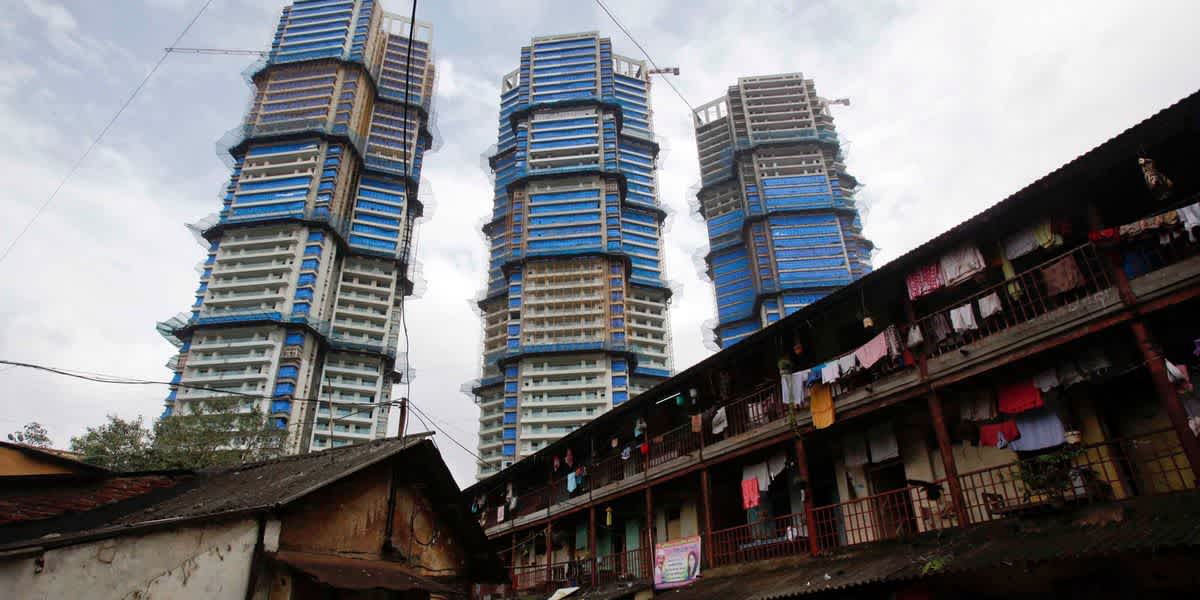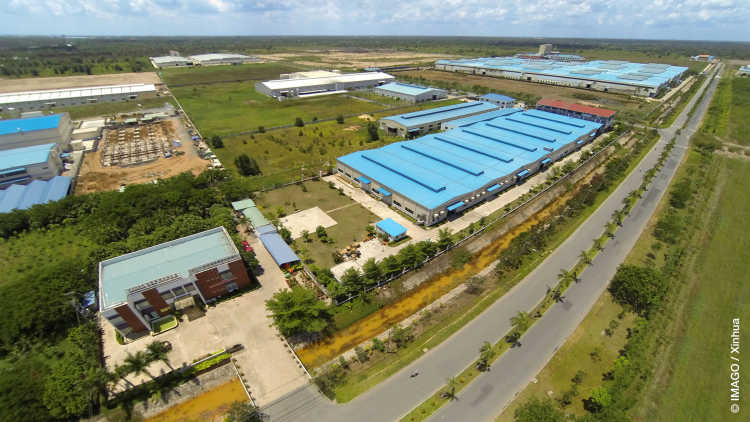- Home
- Events
- Conferences and Workshops
- Evidence That Matters: Evidence-based Development Cooperation in Strategy and Practice
Cooperation Event
Evidence That Matters: Evidence-based Development Cooperation in Strategy and Practice
Date
20/11/2025
Start
08:30 a.m. (CET)
End
03:45 p.m. (CET)

German development cooperation has a unique opportunity to make every euro count – even in the face of today’s global challenges and limited public resources. By grounding decisions on solid scientific evidence, we can consistently maximize effectiveness (“do the right things”) and efficiency (“do things right”). An impact-oriented mindset goes beyond counting participants or tracking their progress. It asks: How would people’s lives differ without this intervention? How might alternative designs perform? Counterfactual thinking and scenario analysis help us uncover those insights.
Rigorous impact evaluations create these “what-if” or “no-action” scenarios needed to assess what would happen without an intervention. Together with cost-benefit considerations they can guide scarce resources to the initiatives that deliver the greatest, most sustainable benefits. Together with other forms of scientific evidence, this evidence-based approach informs the setting of political priorities and their implementation by shedding light on potential trade-offs, enabling smarter, more transparent decision-making. Germany already employs valuable evidence-based practices. The next step is to integrate these into a fully systematic, coherent strategy to unlock even greater impact for sustainable development, and to contribute to the reform of German development policy at the nexus of economic development, security, health and environmental challenges, and global partnerships.
Objectives and Format of the Learning Forum
Against this backdrop, GIGA, RWI, DEval, and the evaluation department of KfW invite to a one-day Learning Forum on the use of evidence in German development cooperation. The forum aims to firmly establish evidence-based approaches on the agenda of political decision-makers and to strengthen the dialogue between research and practice. Using concrete examples and current development policy challenges, the event will demonstrate how evidence can be systematically applied to inform and improve decision-making processes.
The day will begin with short impulses from academia and practitioners on the systematic use of evidence and the role of rigorous impact evaluations in German development cooperation. This will be followed by thematic workshops in which policymakers, practitioners, and researchers will exchange ideas based on concrete examples of evidence use in specific sectors including contributions from both research and practice.
The day will conclude with a panel discussion about how evidence can be applied more systematically and effectively in the design and implementation of development cooperation using tangible cases and sectoral examples.
For participation please contact Katharina Fietz.
Address
WZB Berlin Social Science Center, Berlin
Language
English
By invitation




